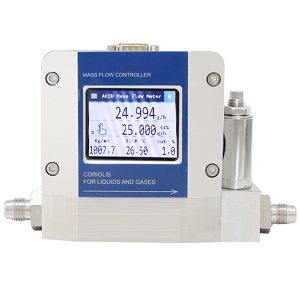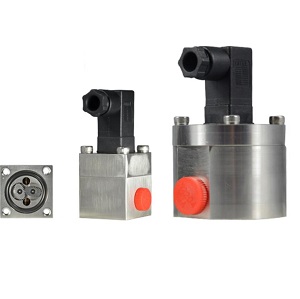Polymers are versatile materials extensively used in various industries, including chemical manufacturing, food processing, pharmaceuticals, and wastewater treatment. These materials often exist in liquid form, with applications ranging from adhesives and coatings to additives that enhance product properties. Accurate measurement of polymer flow is critical in these industries to ensure consistent quality, optimize processes, and maintain safety standards.
The Need for Polymer Flow Measurement
Measuring polymer flow is essential for several reasons. Firstly, polymers can exhibit a wide range of viscosities, particularly when dissolved or dispersed in solvents. High viscosity can lead to challenges in flow consistency, affecting production efficiency. Secondly, precise flow measurements help in controlling the dosing of polymers, ensuring that formulations meet required specifications without wastage or excess. Lastly, accurate flow data is necessary for quality control, regulatory compliance, and process optimization.
Challenges in Measuring Polymer Flow
The measurement of polymer flow presents unique challenges, primarily due to their high viscosity and low flow rates. For instance, polymers may flow like a sticky liquid like glue texture, which complicates traditional flow measurement techniques. Additionally, factors such as temperature, pressure, and the presence of air bubbles can significantly impact measurement accuracy. Normally the polymers have viscosities ranging from 1000 cP to 2000 cP and specific gravities (SG) of approximately 1.02, making them particularly challenging to measure accurately.
The Principle of positive displacement Flow Measurement
To tackle these challenges,
positive displacement flow meters are often recommended for measuring polymer flow.
Positive flow meters operate on the principle of capturing a specific volume of fluid and translating that into a flow rate. This method is particularly effective for viscous fluids like polymers, as these flow sensors can handle variations in viscosity without compromising accuracy.
One suitable option is the micro positive displacement flow meter, which is specifically designed for low flow applications. These
small flow meters can accurately measure flow rates ranging starting from from 0.5 cc/min ,normal request like 10 L/h,25 L/h, 200 L/h and so on, making them ideal for polymer dosing systems. The design of these low flow rate flow meters allows them to maintain precise measurements, even in sticky and viscous mediums, thanks to their ability to isolate the fluid in discrete chambers.
Advantages and Technical Parameters
Micro volumetric flow meters offer several advantages for polymer applications:
-
1. High Accuracy: These small PD meters provide precise flow measurements, which are critical in applications requiring strict adherence to dosing specifications.
-
2. Versatility: Micro oval gear flow meters can accommodate various polymers with different viscosities and densities, making them suitable for diverse applications.
-
3. Low Maintenance: The design of polymer flow sensors typically minimizes wear and tear, leading to lower maintenance costs and longer operational life.
-
4. Calibration Certificates: small flow meter manufacturers provide calibration certificates to ensure compliance with industry standards, as required in the inquiries.
Key technical parameters to consider when selecting a polymer flow meter include
-
- Flow range: For instance, flow meters that can measure wide flow range to cater to various polymer flow requirements.
-
- Body and interior materials: Stainless steel, aluminum or plastic options provide durability and compatibility with different chemicals.
-
- Pipe size: Available various option connections facilitate easy integration into existing systems.
Conclusion
In conclusion, accurate measurement of polymer flow is vital across various industries. Understanding the unique challenges posed by high viscosity and low flow rates is essential for selecting the right measurement technology. Volumetric flow meters, particularly micro positive displacement types, offer a reliable solution for effectively measuring polymer flow while ensuring precision and compliance with industry standards.
Silver Automation Instruments offers a range of flow meters specifically designed to meet the precise requirements of polymer measurement. Their selection includes models that cater to various viscosities and flow rates, ensuring they can comprehensively address customer applications. With a focus on accuracy and reliability, these flow meters provide solutions tailored to the unique challenges associated with measuring polymer flows in diverse industrial settings.





